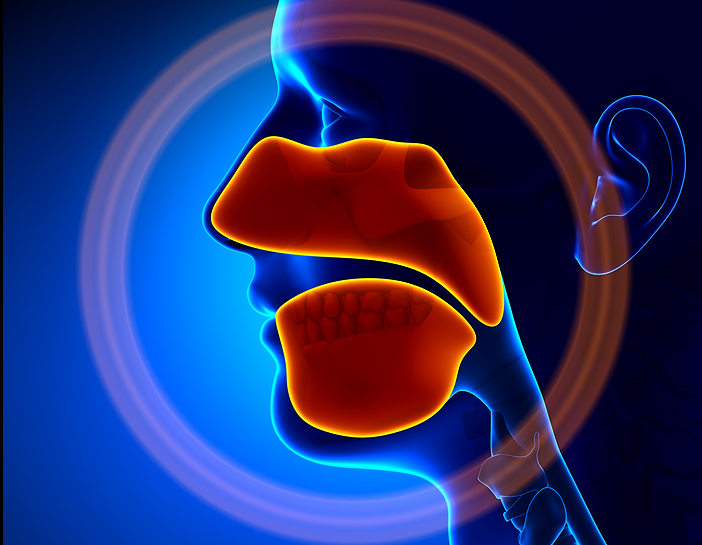What Does Smell or Taste Have to Do With COVID-19?

If you seem to have lost your sense of smell or taste, you could have a COVID-19 infection, according to Carlos A. Torre, M.D., otolaryngology, sleep surgery, and sleep medicine expert at the University of Miami Health System.
“A growing number of anecdotal reports from around the world indicate that losing your sense of smell (anosmia) or taste (ageusia) can be symptoms of COVID-19,” says Dr. Torre. “However, there are many other possible causes for these sensory problems, including the common cold, flu, and chronic sinusitis.”
Nevertheless, if you find it difficult to detect normal scents or flavors, you should pay attention to your overall health, including fever or any breathing difficulties, as they can be more serious COVID-19 symptoms, says Dr. Torre. “You should also limit your contact with other people, at least until getting tested, in order to avoid potentially spreading the virus.”
On March 22, the American Academy of Otolaryngology — Head and Neck Surgery noted that anosmia has been seen in patients who tested positive for the coronavirus with no other symptoms. “We propose that these symptoms be added to the list of screening tools for possible COVID-19 infection,” said the AAO-HNS in a statement. “Anosmia, hyposmia (reduction in the sense of smell), and ageusia in the absence of other respiratory diseases should alert physicians to the possibility of COVID-19 infection.”
Simple sniff test not enough
At-home “sniffing” exercises are not always good indicators of anosmia, says Dr. Torre. “You might be able to smell a strong odor like a disinfectant, but not a more subtle aroma,” he says. “Anosmia can also alter your sense of taste. You might still be able to distinguish, bitter, sweet or salty flavors, but not blends like vanilla, chocolate, or coffee.”
Dr. Torre said about half of the anosmia cases result from an upper respiratory infection. The bacteria or virus damages the olfactory tissue and nerves in the nasal passages, leading to temporary or permanent loss of smell. “In viral infections, the degree of recovery depends on the damage to those tissues,” he says. “It can take days, weeks, or even months before regaining the ability to smell or taste.”
Anosmia can also be the result of blockages in the airway, such as polyps, tumors, or inflammatory swelling due to allergies or exposure to toxins. Many of these conditions have been treated with corticosteroids to reduce inflammation, but there are reports that these medications may lead to worse outcomes in patients with COVID-19. “For now, it is best to avoid using steroids to treat patients with these disorders,” says Dr. Torre.
Anosmia and ageusia evaluations and treatment are available through the Ear, Nose, and Throat (ENT) clinic at the University of Miami Health System, whose Department of Otolaryngology was ranked No. 9 in the nation by U.S. News & World Report.
By Richard Westlund, contributing writer.
